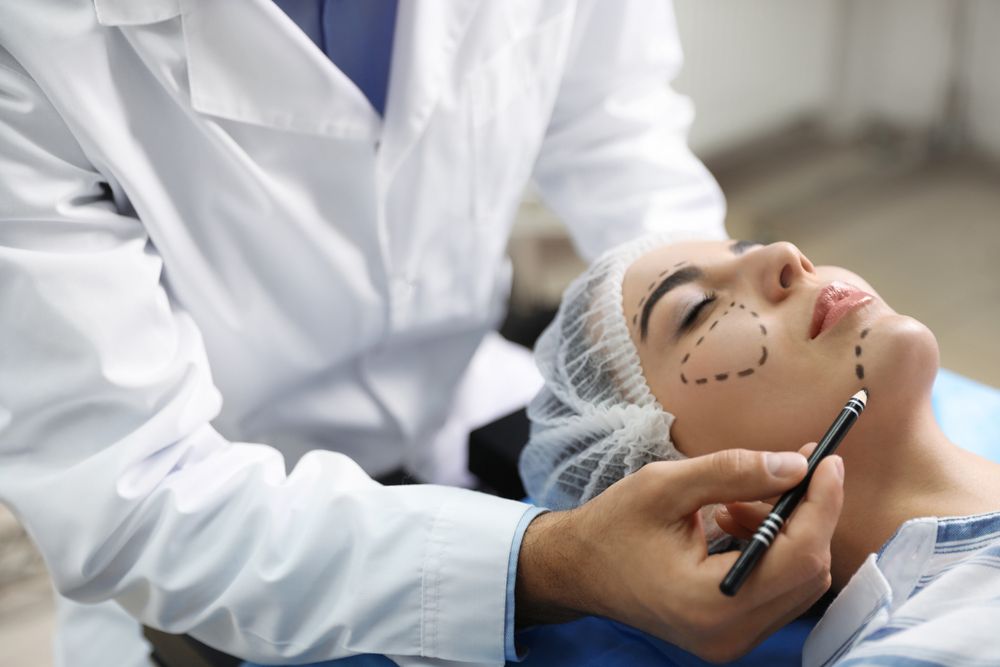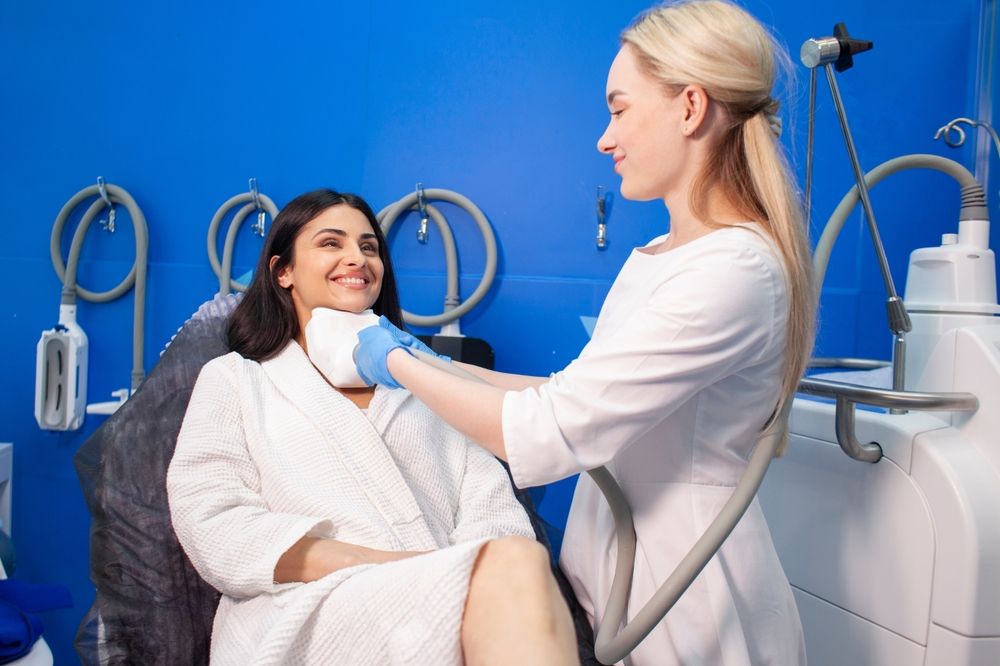Selecting a plastic surgeon is one of the most critical steps in ensuring a safe, satisfying outcome for any procedure. With so many options available in Huntersville, NC, patients must take the time to thoroughly research and evaluate their potential surgeon. Beyond just reviewing before-and-after photos, patients need to assess the surgeon’s experience, credentials, approach to patient care, and comfort level with the specific procedure they are seeking.
A qualified plastic surgeon not only has board certification but also a strong reputation for both surgical skill and bedside manner. It is vital to feel confident and understood by the surgeon, as communication will significantly impact the experience and final results. Patients should not rush through this decision, but instead, prioritize consultations and thoughtful questioning.
Checking Credentials and Certifications
The first and most non-negotiable step is verifying a surgeon’s credentials. Patients should always confirm that their surgeon is certified by the American Board of Plastic Surgery (ABPS). Board certification ensures that the surgeon has completed rigorous training, passed comprehensive examinations, and meets the highest standards in patient safety and surgical care.
It is also helpful to investigate the surgeon’s affiliations with reputable hospitals or surgical centers. Hospital privileges often indicate that a surgeon’s background has been reviewed and approved by other medical professionals. Additionally, understanding if the surgeon continues ongoing education can provide insight into their commitment to using the latest techniques and technologies.
Top Questions to Ask During a Consultation
An initial consultation offers an opportunity to gather crucial information. Some essential questions include:
- Are you board-certified by the American Board of Plastic Surgery?
- How many years have you performed this specific procedure?
- What type of anesthesia will be used, and who will administer it?
- What are the potential risks and how are complications handled?
- Can you provide before-and-after photos of patients with similar body types or features?
- What does the recovery process typically look like?
Asking these questions helps patients get a clearer picture of the surgeon’s expertise, approach, and preparedness for managing unexpected situations. It is also a good idea to inquire about revision policies should touch-ups be needed.
Evaluating Communication and Comfort
While technical skill is crucial, patients must also evaluate how comfortable they feel with the surgeon and their staff. During consultations, it is important to observe if the surgeon listens carefully, addresses concerns thoroughly, and explains procedures in a clear, respectful way.
Patients should trust their instincts when it comes to communication. If they feel rushed, dismissed, or pressured into additional procedures, it is usually a warning sign. A strong surgeon-patient relationship is built on mutual respect, trust, and transparency. When these elements are present, patients are more likely to experience a smooth process and be satisfied with their results.
Reviewing Facility Standards and Safety Measures
The location where surgery will be performed is just as important as the surgeon’s skill. Patients should make sure that any surgical facility is accredited by organizations such as the American Association for Accreditation of Ambulatory Surgery Facilities (AAAASF) or the Joint Commission. Accredited facilities meet high standards for equipment, emergency protocols, and overall patient safety.
In addition to accreditation, patients should ask about emergency procedures in place if complications arise during surgery. Facilities should be fully equipped to handle emergencies and have a well-trained staff prepared to act quickly if needed. These measures provide an added layer of protection and peace of mind for patients undergoing elective procedures.
Comparing Costs and Understanding Financial Policies
Plastic surgery costs can vary widely depending on the procedure, surgeon’s experience, facility fees, anesthesia, and other related expenses. While it might be tempting to seek out the lowest price, it is vital to remember that expertise and safety should never be compromised for cost savings.
During consultations, patients should request a detailed breakdown of all associated costs and ask about payment plans or financing options. Clear communication about financial policies—including cancellation fees, revision costs, and what happens if additional treatments are needed—helps patients budget appropriately and avoid surprises later.
Final Thoughts Before Making Your Decision
Choosing a plastic surgeon is not a decision to be made lightly. It requires thoughtful research, asking the right questions, and trusting one’s instincts. The right surgeon will not only have impressive credentials but also take the time to understand a patient’s goals and make them feel confident and cared for throughout the process.
North Charlotte Plastic & Reconstructive Surgery in Huntersville, NC, takes pride in helping patients achieve their aesthetic goals with a strong emphasis on safety, transparency, and individualized care. Patients considering cosmetic procedures should prioritize finding a qualified professional who values their wellbeing above all else.
Resources
American Board of Plastic Surgery. (2024). What Is Board Certification? American Board of Plastic Surgery.
Bach, D. S., & Geeslin, A. G. (2019). Patient Safety in Office-Based Surgery Facilities. Plastic and Reconstructive Surgery Journal.
Seruya, M., & Johnson, D. (2015). The Importance of Consultation in Plastic Surgery: Patient Satisfaction and Outcomes. Aesthetic Surgery Journal.



